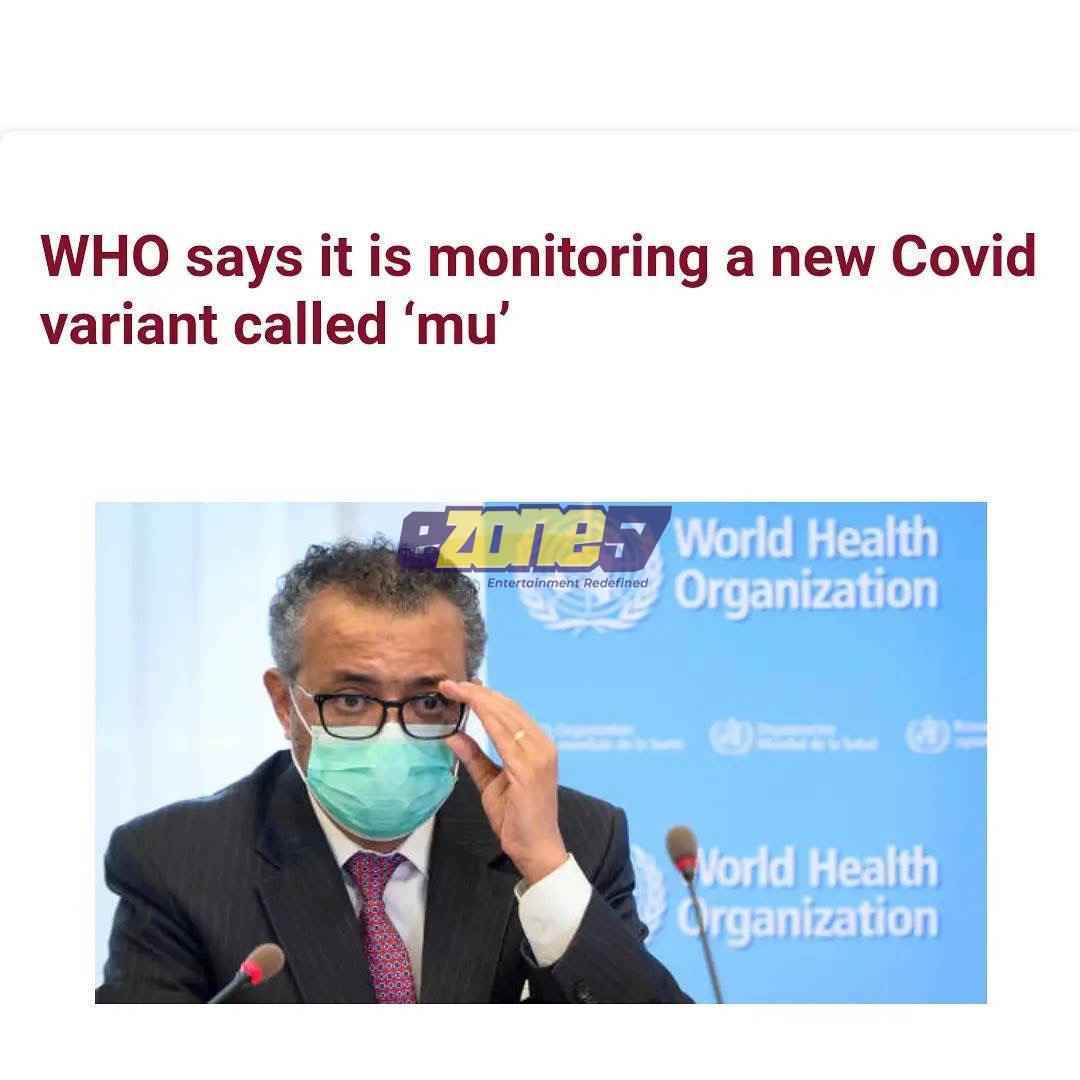In recent months, Ghana has faced a concerning health crisis – an outbreak of Apollo, commonly known as conjunctivitis. This infectious eye disease has affected individuals of all ages across the country, raising serious concerns about public health and the need for swift intervention. In this article, we will delve into the Apollo outbreak in Ghana, its causes, symptoms, and the measures needed to combat its spread.
Understanding Apollo:
Apollo, or conjunctivitis, is a highly contagious eye condition characterized by the inflammation of the conjunctiva, the thin, transparent layer covering the white part of the eye. It can be caused by viruses, bacteria, or allergens and is typically spread through direct contact with contaminated hands or surfaces.
The Ghanaian Outbreak:
The Apollo outbreak in Ghana has gained significant attention due to its rapid spread and impact on communities. Initial reports suggest that both viral and bacterial strains of conjunctivitis are responsible for the outbreak. The symptoms include redness, itching, excessive tearing, and discharge from the eyes, making it uncomfortable and debilitating for those affected.
Factors Contributing to the Outbreak:
Several factors have contributed to the outbreak of Apollo in Ghana:1. Poor Hygiene Practices: Inadequate access to clean water and sanitation facilities has led to challenges in maintaining proper eye hygiene, making it easier for the disease to spread. 2. Overcrowding: Ghana’s urban areas, in particular, face issues of overcrowding, which can facilitate the transmission of the virus from person to person. 3. Lack of Awareness: Limited awareness about the disease and preventive measures has hindered early detection and containment efforts. 4. Delayed Healthcare Access: Some affected individuals delay seeking medical attention, leading to the unchecked spread of the disease.
Preventive Measures:
To curb the outbreak of Apollo in Ghana, a multifaceted approach is needed:1. Public Awareness Campaigns: Launch extensive public awareness campaigns to educate citizens about the causes, symptoms, and preventive measures of Apollo. This can include workshops, pamphlets, and community outreach programs. 2. Access to Clean Water and Sanitation: Improve access to clean water and sanitation facilities, as proper hand hygiene is crucial in preventing the disease. Government initiatives can focus on building and maintaining such facilities in vulnerable areas. 3. Early Diagnosis and Treatment: Encourage individuals to seek medical attention promptly if they exhibit symptoms of Apollo to reduce transmission. Mobile clinics and community health centers can play a vital role in early diagnosis. 4. Quarantine Measures: Isolate individuals diagnosed with Apollo to prevent further spread, especially in crowded areas. Designated quarantine facilities and strict enforcement are essential. 5. Personal Protective Equipment: Promote the use of face masks and hand sanitizers to reduce the risk of transmission. Government agencies can distribute these items to communities in need.
Conclusion:
The Apollo outbreak in Ghana is a significant public health concern that demands immediate attention and action. A collaborative effort from the government, healthcare professionals, and the public is essential to contain the spread of the disease. By raising awareness, improving hygiene practices, and ensuring access to healthcare, Ghana can overcome this outbreak and safeguard the health of its citizens. Swift and decisive action is the key to preventing further suffering and protecting the nation’s eye health. With these comprehensive measures in place, Ghana can effectively combat the Apollo outbreak and ensure the well-being of its population.





















































